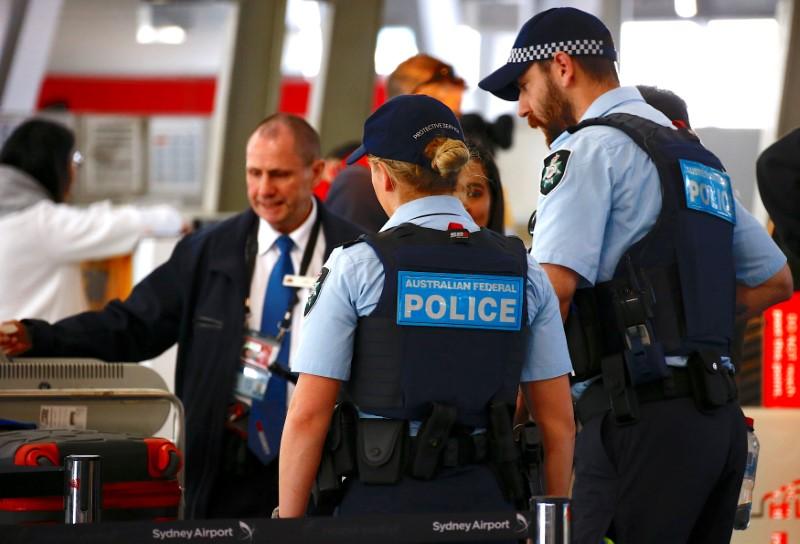The Australian Federal Police has begun inquiries into a small number of alleged foreign agents just days after new laws were passed to crack down on foreign interference.
The AFP has commenced preliminary inquiries into suspected individuals believed to be working on behalf of a foreign government and are preparing to test the tough espionage laws that were passed late last month.




